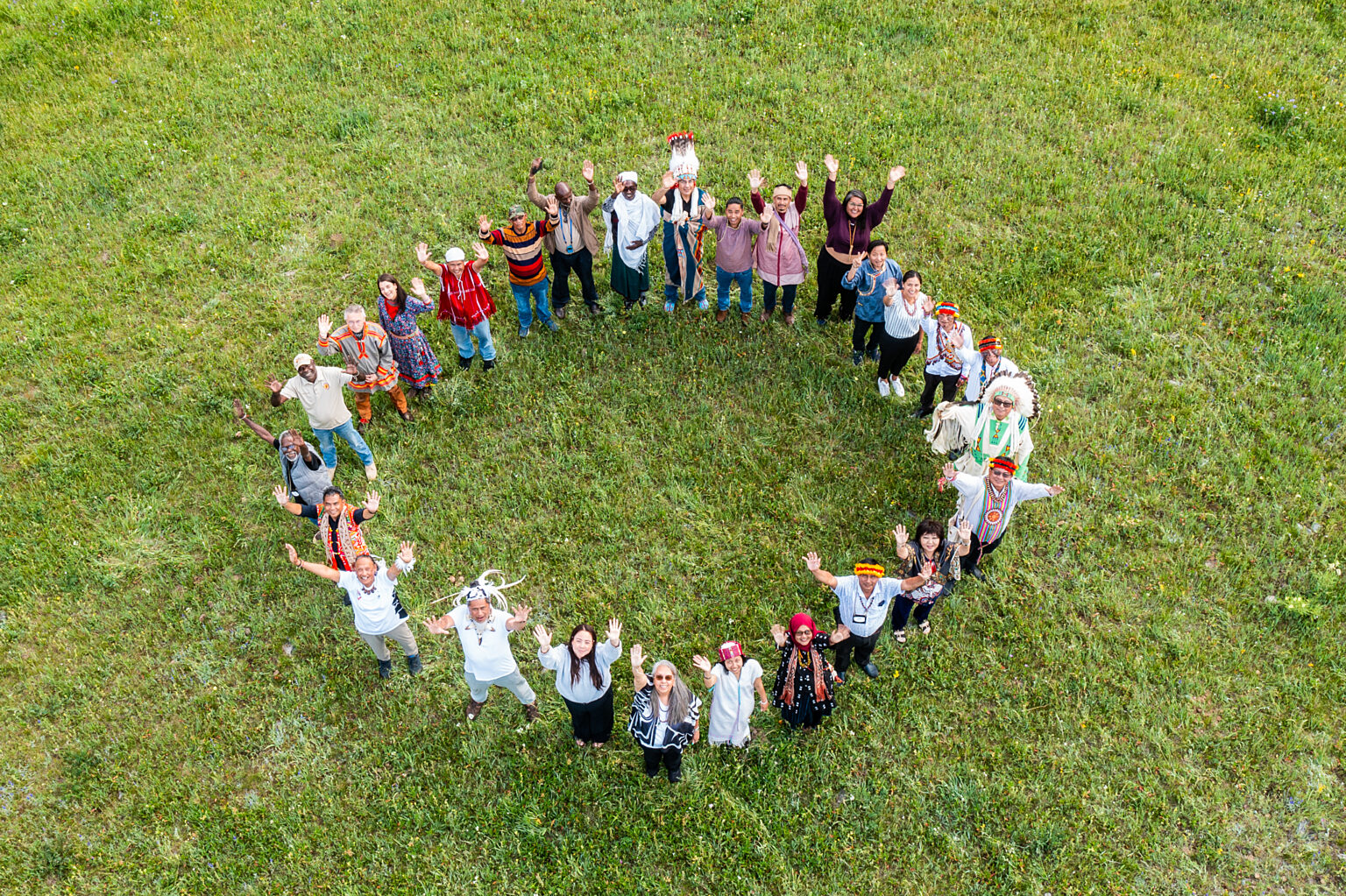Decision-making processes within the Lhoba community are consensus-based and guided by customary
laws. Leaders facilitate discussions according to established customs. Conflicts or matters requiring action
are resolved collectively by community members and the Kghyamba. This participatory approach ensures
that every household has a voice in decision-making processes.
The customary Kghyamba system is vital to the livelihoods of the Lhoba people, particularly in managing
irrigation water in the arid climate of their trans-Himalayan village. Moreover, the Lhoba community is
actively engaged in preserving and renovating monasteries and sacred places, maintaining irrigation canals crucial for their livelihoods, and implementing waste management training to address the
environmental challenges posed by increasing tourism and waste accumulation in their village. These
initiatives underscore the community's commitment to preserving their cultural heritage and sustainable way of life.












